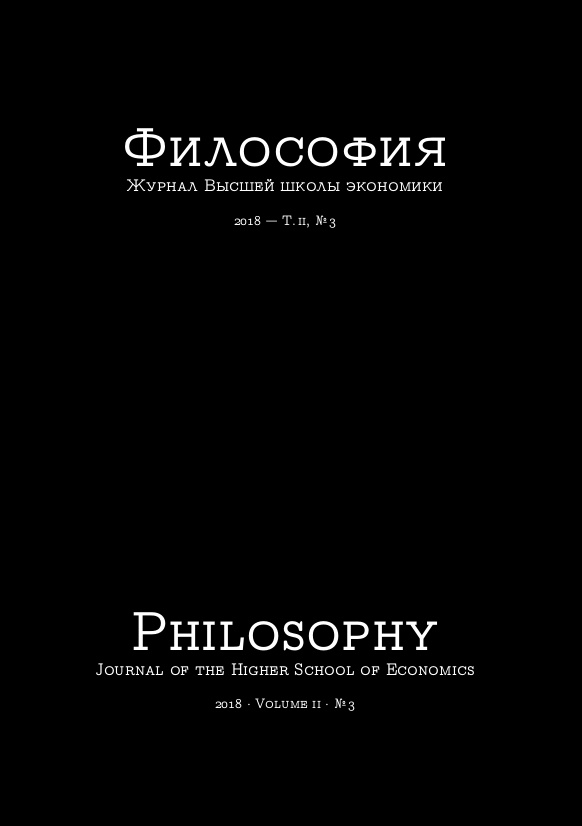“Patria” and “Respublica” in French Political Publicism of the Fourteenth Century
Abstract
In the Conceptual History Latin notion respublica is one of the most complex and disputable issues of research and translation. In spite of its fundamental significance for political thinking and political philosophy of Antiquity and Middle Ages, the evolution of the meaning of respublica stays underinvestigated for the most of its stages. The present paper is devoted to the Latin respublica in French political thinking of 14th century. Political vocabulary of this time was beginning to be controlled by laic courtly intellectuals instead of clerics and universities. In that way, both spiritual and laic aspects, Aristotelian philosophy and Ciceronian rhetorics constitute the context for all the dominant political notions of the time, and so it is for the Latin respublica. The research is based on the political pamphlet A Dispute between a Priest and a Knight, its reception and French translation at Charles V’s court. The mutual comparison of respublica’s semantical function in different versions of the treatise in the context of other key political notions like people (populus) or common good (bonum commune) allows us to trace the evolution of its interpretation from the principle of political life to a material object. Thus, the concept of Latin respublica is being objectified and earthed within the framework of gallicanist project on the base of late medieval Aristotelianism.






